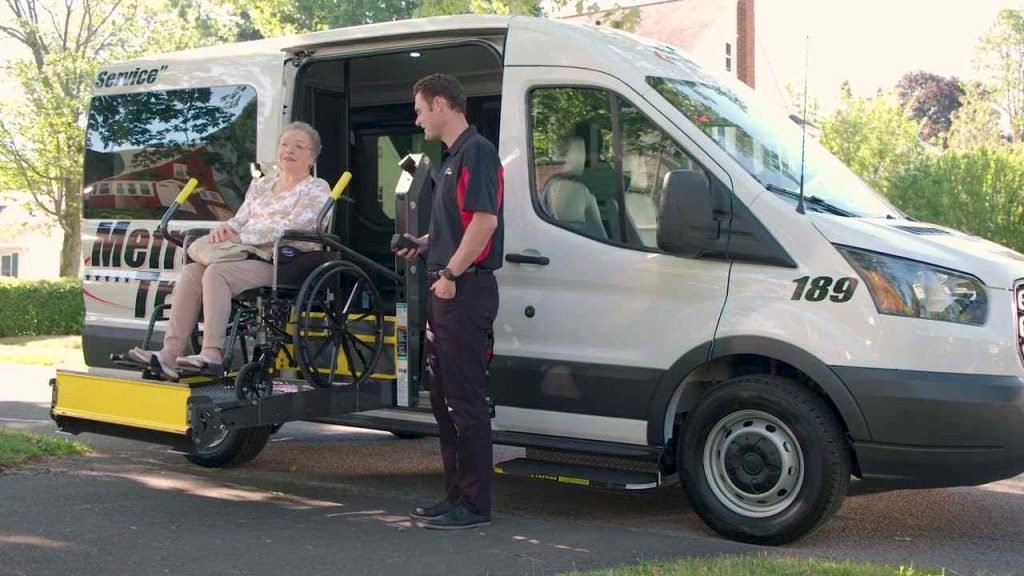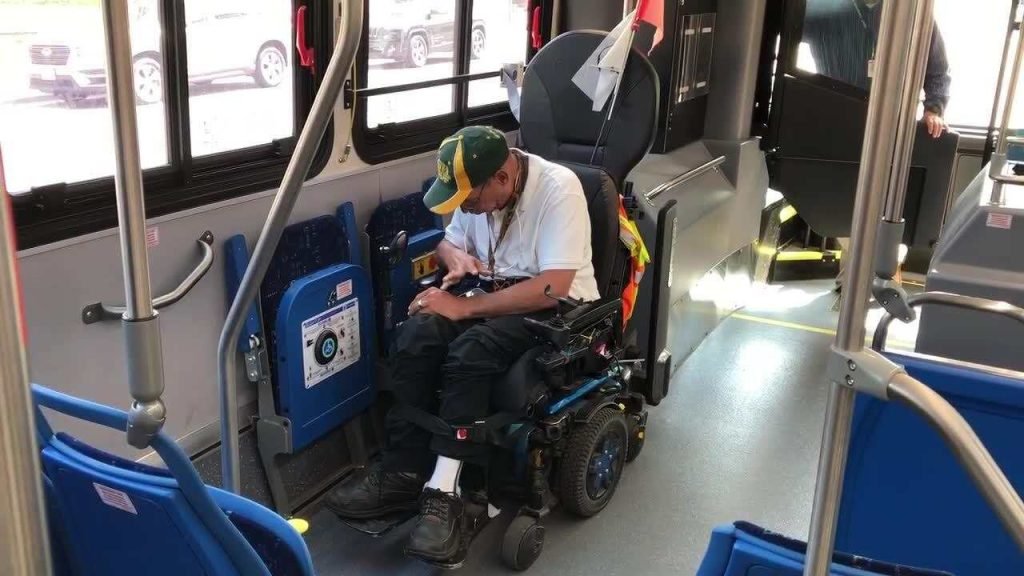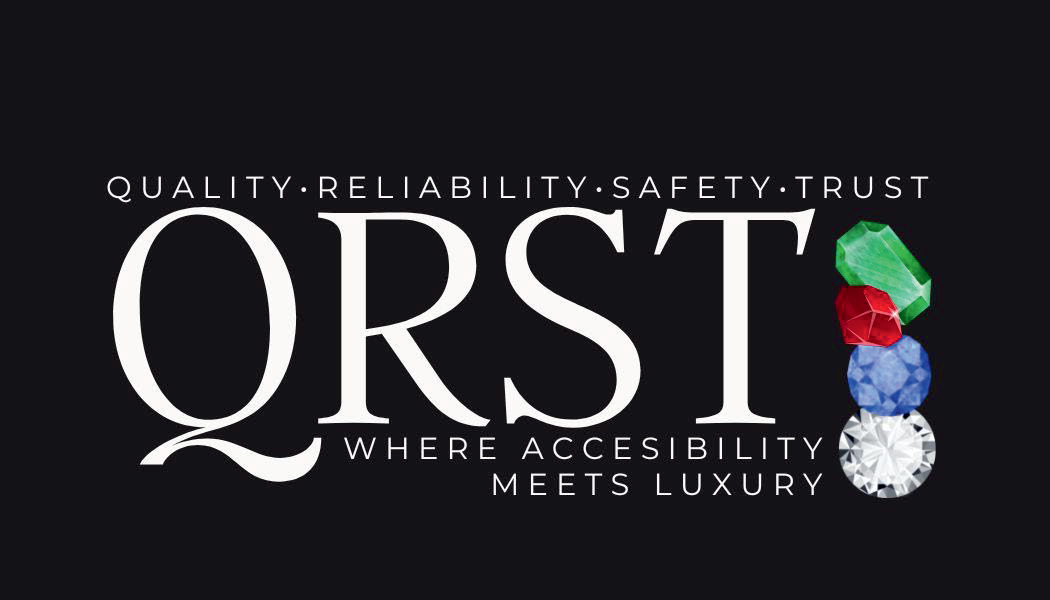Photography is an art that knows no boundaries, and everyone deserves the chance to capture the beauty around them. In the bustling and diverse region of the District of Columbia, Maryland, and Virginia (DMV), organizing photography workshops that are inclusive of individuals with disabilities is of paramount importance. One significant aspect of this inclusivity is providing wheelchair-accessible transportation options. This article by QRST Wheelchair Transportation delves into the significance of wheelchair-accessible transportation for photography workshops in the DMV, highlighting its benefits, challenges, and potential solutions.

The Benefits of Wheelchair-Accessible Transportation:
Accessible transportation isn’t just a matter of convenience; it’s a way to open doors to creativity and self-expression for everyone. For aspiring photographers with disabilities, having access to suitable transportation means they can attend workshops without barriers. It fosters a sense of belonging and empowers them to showcase their unique perspectives through the lens. Moreover, such inclusivity enriches the photography community by adding diverse voices and fresh narratives, ultimately enhancing the overall artistry.
Challenges Faced:
However, despite the clear advantages, wheelchair-accessible transportation for photography workshops in the DMV comes with its fair share of challenges. The region’s existing transportation infrastructure might not be universally accommodating, which could lead to logistical complications. Additionally, coordinating accessible transportation for specific workshop timings and locations requires meticulous planning. Cost could also be a factor, as modifying or securing accessible vehicles might involve higher expenses.
Addressing the Challenges:
To overcome these challenges of wheelchair transportation, collaboration between photography workshop organizers, disability advocates, and transportation authorities is crucial. It’s essential to assess workshop venues and choose ones with easy accessibility. For locations that might be less wheelchair-friendly, temporary adjustments like ramps or lifts could be considered. Building partnerships with specialized transportation services or modifying existing services to be more accessible can also bridge the gap. As for costs, seeking sponsorship or grants designated for accessibility initiatives could alleviate financial burdens.
Innovations in Accessible Transportation:
In recent years, innovative solutions have emerged to make accessible transportation more viable. Ride-sharing services can be tailored to accommodate wheelchairs, ensuring a flexible and on-demand option for workshop attendees. Furthermore, technology has a role to play; apps could be developed to help participants schedule accessible transportation in advance. Electric and hybrid wheelchair-accessible vehicles not only reduce environmental impact but also introduce sustainable options for getting to workshops.
The Role of Advocacy:
Advocacy plays a pivotal role in driving change. Photography workshop organizers, disability rights activists, and the broader community can collaborate to advocate for improved accessible transportation options. By raising awareness about the challenges faced by individuals with disabilities and highlighting the transformative potential of inclusive workshops, pressure can be exerted on authorities to invest in and enhance accessible transportation services.

Creating Inclusive Workshop Experiences:
Beyond just transportation, creating inclusive photography workshops involves thoughtful consideration of the entire experience. Workshop organizers should ensure that venues are physically accessible, with ramps, wide doorways, and accessible restrooms. Additionally, providing accessible seating, sign language interpreters for discussions, and printed materials in alternative formats can contribute to a holistic experience.
Empowering Through Education:
Photography workshops serve as educational platforms that empower individuals to express themselves through imagery. Extending this empowerment to people with disabilities requires dismantling mobility barriers. By providing wheelchair-accessible transportation, workshops send a powerful message that everyone’s creative voice matters. This step promotes a culture of learning that values diversity, encourages collaboration, and nurtures talents that might otherwise remain hidden.
Fostering Connections and Collaboration:
Photography is not just about capturing moments; it’s about forging connections. Wheelchair-accessible transportation services ensures that connections are not limited by physical constraints. Attendees can share journeys, exchange ideas, and collaborate on projects seamlessly. These interactions transcend the workshop’s duration, potentially leading to lifelong friendships and partnerships. In this way, accessible transportation becomes a catalyst for building a tightly knit, supportive photography community in the DMV.
The Ripple Effect of Inclusivity:
The positive effects of wheelchair-accessible transportation extend beyond the individual participants. As inclusivity becomes a hallmark of photography workshops, it sets a precedent for other creative spaces. The ripple effect reaches beyond workshops, influencing galleries, exhibitions, and other events to prioritize accessibility. Eventually, it contributes to reshaping societal perceptions of disability and diversity. The DMV region can take pride in being a trailblazer, demonstrating that when barriers crumble, creativity flourishes, and communities thrive.
FAQs:
What are the accessible transportation options in Washington DC:
Accessible transportation options for people with disabilities and senior citizens in the Washington DC metropolitan area include MetroAccess paratransit service, wheelchair-accessible taxis, and ride-sharing services with wheelchair-accessible vehicles.
What is the phone number for DC Medicaid Transportation:
The phone number for DC Medicaid transportation is 202-724-5506.
What is the organization Providing Transportation for the Disabled in Washington DC:
One organization providing transportation for the disabled in Washington DC is “DC ADA Paratransit.”
Is Wheelchair Accessibility in Washington DC:
Yes, Washington DC is wheelchair accessible with a range of accessible public transportation, infrastructure, and facilities in place to accommodate individuals with mobility challenges.
Conclusion:
Wheelchair-accessible transportation is not merely a logistical concern; it’s a gateway to empowerment, creativity, and shared experiences. In the DMV region, where diversity is celebrated, making photography workshops accessible to everyone should be a collective goal. The strides taken in enhancing accessible transportation will ripple through the photography community, enriching its fabric with new perspectives and stories. By acknowledging the challenges, advocating for change, and embracing innovative solutions, we can ensure that every individual, regardless of their mobility, can participate fully in the captivating world of photography.
